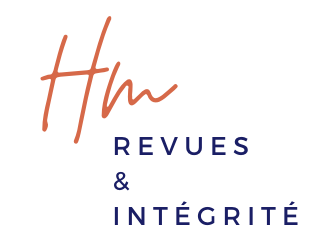C’est Science qui, le 1er juillet 2022, a commenté un excellent article sur les citations des articles rétractés de Yoshihiro Sato. Ce nutritionniste japonais (décédé) est connu pour ses fraudes, et il a 143 occurences dans RetractionWatch database. Avec 106 rétractations, Y Sato est numéro 4 dans la liste des top fraudeurs de RW.
L’article commenté par Science a été publié par Accountability in Research le 26 juin (accès libre) et signé par un écossais et 3 néo-zélandais, avec pour titre : « A randomized trial alerting authors, with or without coauthors or editors, that research they cited in systematic reviews and guidelines has been retracted ». Cet article revient sur ce qui est connu, à savoir que les articles rétractés continuent à être 
Ce travail sera présenté au Peer Review Congress de septembre 2022.
Le résumé est précis, le voici en anglais : Retracted clinical trials may be influential in citing systematic reviews and clinical guidelines. We assessed the influence of 27 retracted trials on systematic reviews and clinical guidelines (citing publications), then alerted authors to these retractions. Citing publications were randomized to up to three e-mails to contact author with/without up to two coauthors, with/without the editor. After one year we assessed corrective action. We included 88 citing publications; 51% (45/88) had findings likely to change if retracted trials were removed, 87% (39/45) likely substantially. 51% (44/86) of contacted citing publications replied. Including three authors rather than the contact author alone was more likely to elicit a reply (P = 0.03). Including the editor did not increase replies (P = 0.66). Whether findings were judged likely to change, and size of the likely change, had no effect on response rate or action taken. One year after e-mails were sent only nine publications had published notifications. E-Mail alerts to authors and editors are inadequate to correct the impact of retracted publications in citing systematic reviews and guidelines. Changes to bibliographic and referencing systems, and submission processes are needed. Citing publications with retracted citations should be marked until authors resolve concerns.




